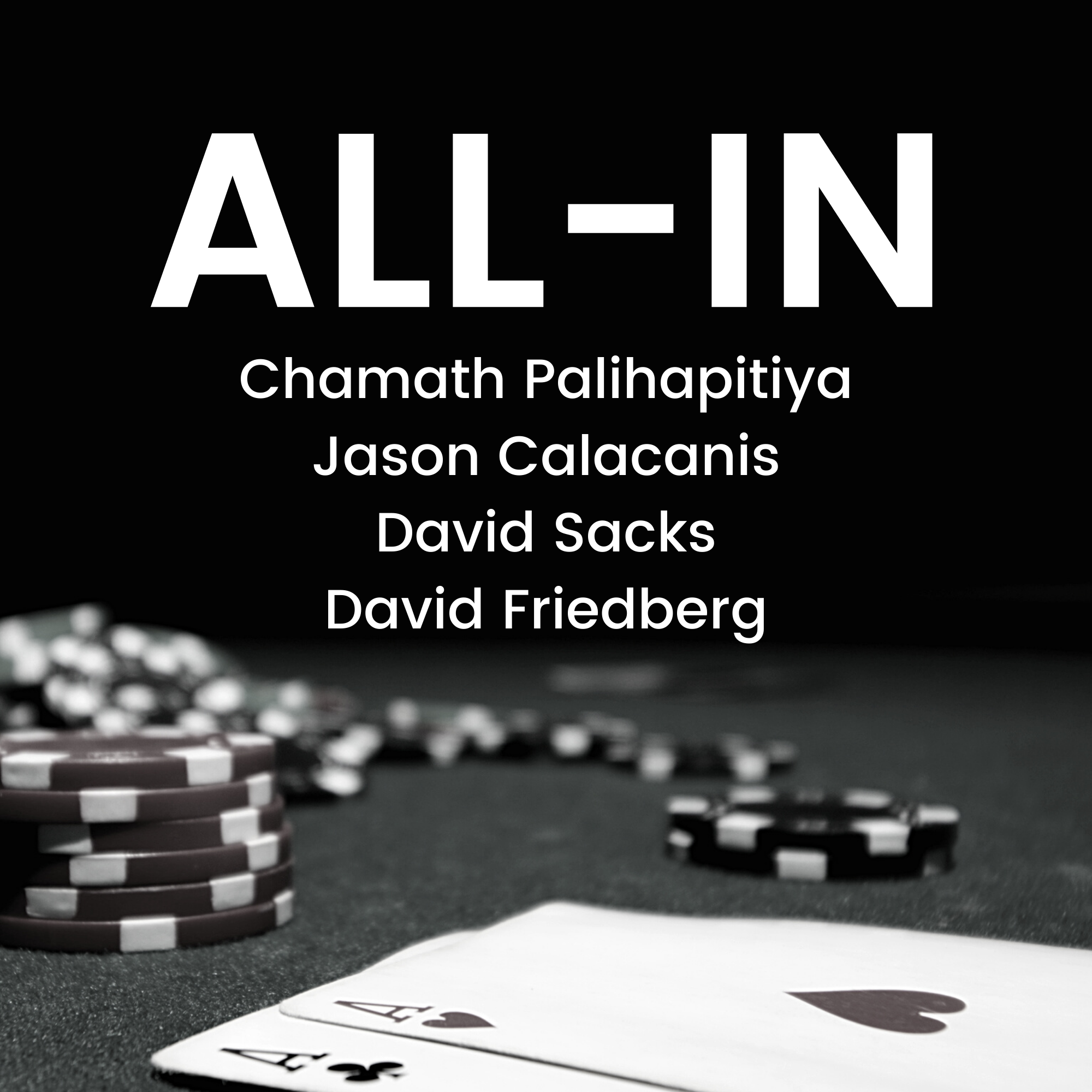Clip

The nuances of constitutional perspectives regarding an individual's right to bodily autonomy and privacy.
In the legal realm, there are conservative perspectives that interpret the Constitution based on its text on how it would have been understood during its enactment, while progressive views believe the Constitution must adapt to modern circumstances to protect the right to bodily autonomy, contraception, and other individual liberties. These differing perspectives lead to disagreements over the degree of government regulation and prohibition of certain acts, particularly with regards to abortion.